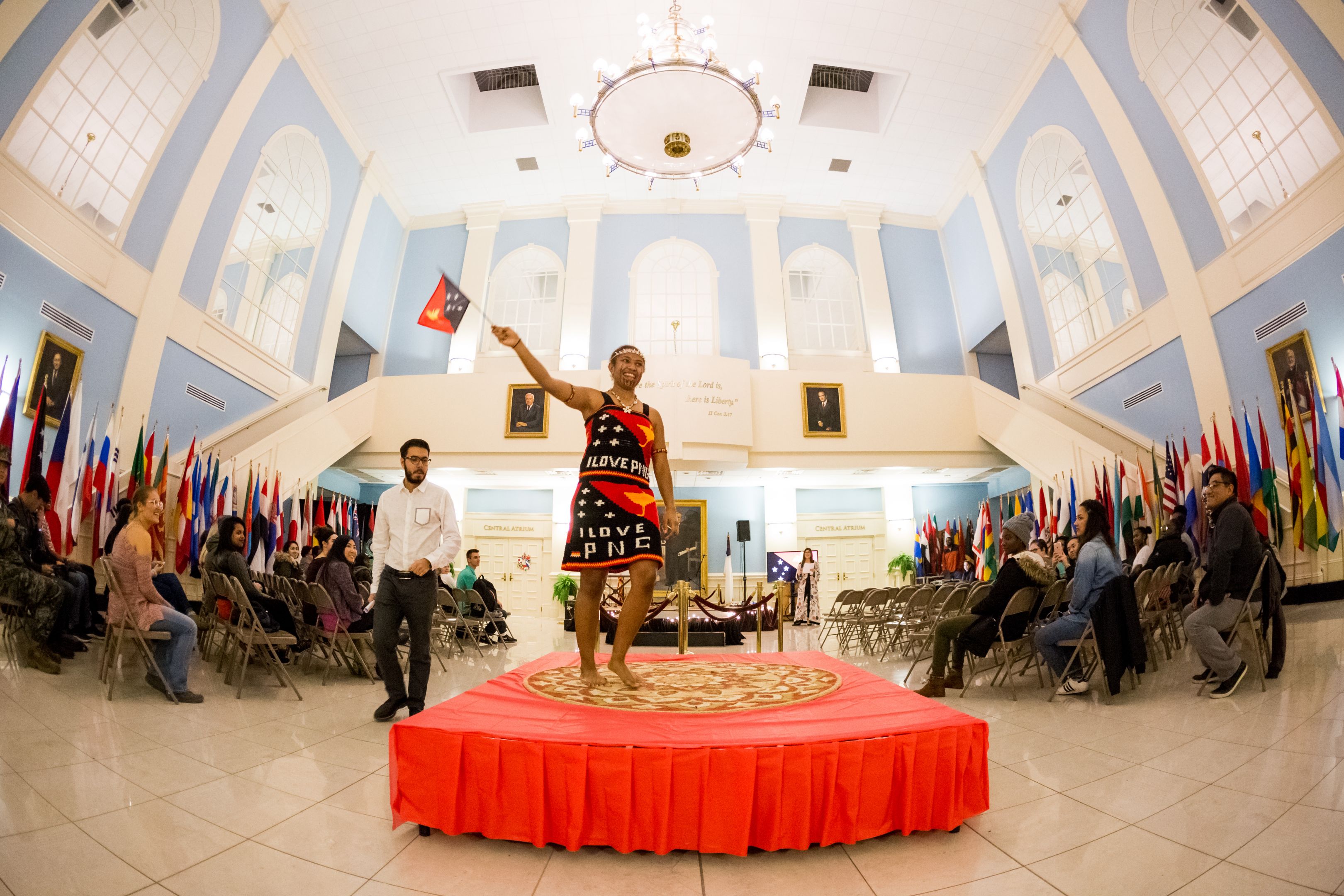Applying for Your Student Visa
As you apply for admission to Liberty University, an integral step in the process is applying for your student visa, as it allows you to legally study in the United States. We have compiled some helpful information for you to utilize as you are going through this process.

Checklist
Exceptions
- Special situations, such as transferring between U.S. schools or applying for a dependent visa, may not require paying the SEVIS fee. Check with the U.S. Department of State for details.
- F-1 students who are not required to obtain a visa to enter the U.S. must still pay the SEVIS fee. An example of this is a Canadian citizen.
- For additional information on bringing dependents to the U.S., returning to the U.S. to continue previous studies, or renewing your visa, refer to the U.S. Department of State website.
Student Visa Application
Possible Interview Questions
Practice your answers to each question before the interview. Have an adult sit behind a desk and ask you these questions.
Questions you might be asked at your interview:
- Which university awarded your diploma (if you are a college graduate)?
- What was your major in your undergrad (if you are a college graduate)?
- Why are you interested in this particular U.S. school?
- What is so special about the U.S. school/university you want to attend?
- How are you going to fund your education in the U.S.?
- What is the main motive for studying in the U.S.?
- What are your future plans?
- Do you want to return back?
- Why don’t you apply for good universities in your home country or other countries? Why only the U.S.?
- Do you have any relatives who study/reside in the U.S.?
- How interested are you in pursuing your higher education in the U.S.?
- What do you know about the U.S. school you are going to join?
- Why this particular school and this particular major?
- Are you expecting any funding from the U.S. school?
- Do you have sufficient finances to fund your education?
- Who will fund your education in the U.S. and why?
- Why are you joining such a costly university in the U.S.?
- How much of a loan are you taking for your education in the U.S.?
- Will you work in the U.S.?
- Will you settle in the U.S.?
- Do you have any relatives in the U.S.?
- What do you hope you will be doing 5 years from now?
- Do you know anybody in the school you are joining?
- What will you do if you don’t get a visa?
- What role does studying in the U.S. play in your and your family’s life?
- Can you afford the cost of an education in the U.S.?
- Are your educational certificates fake?


